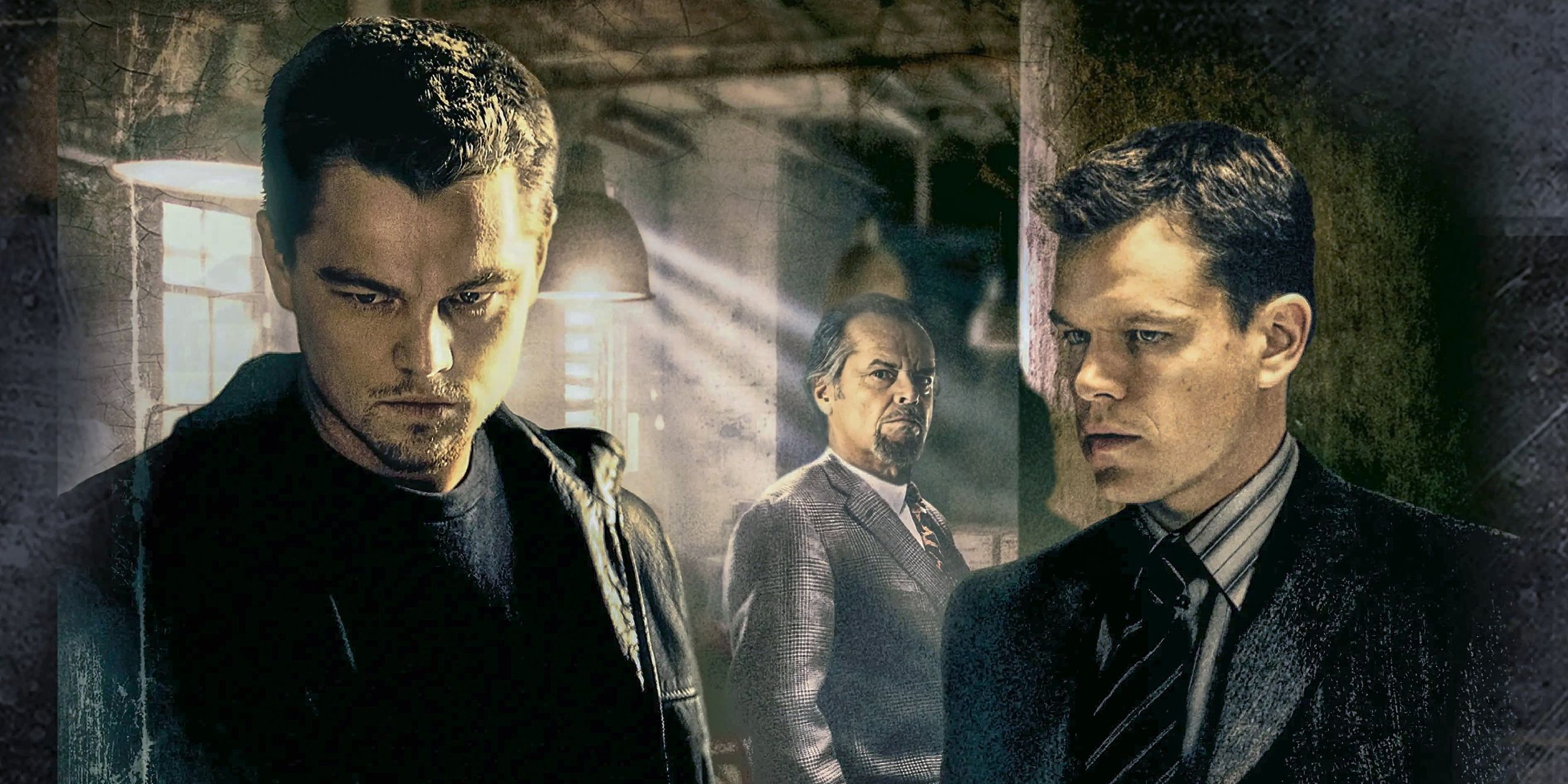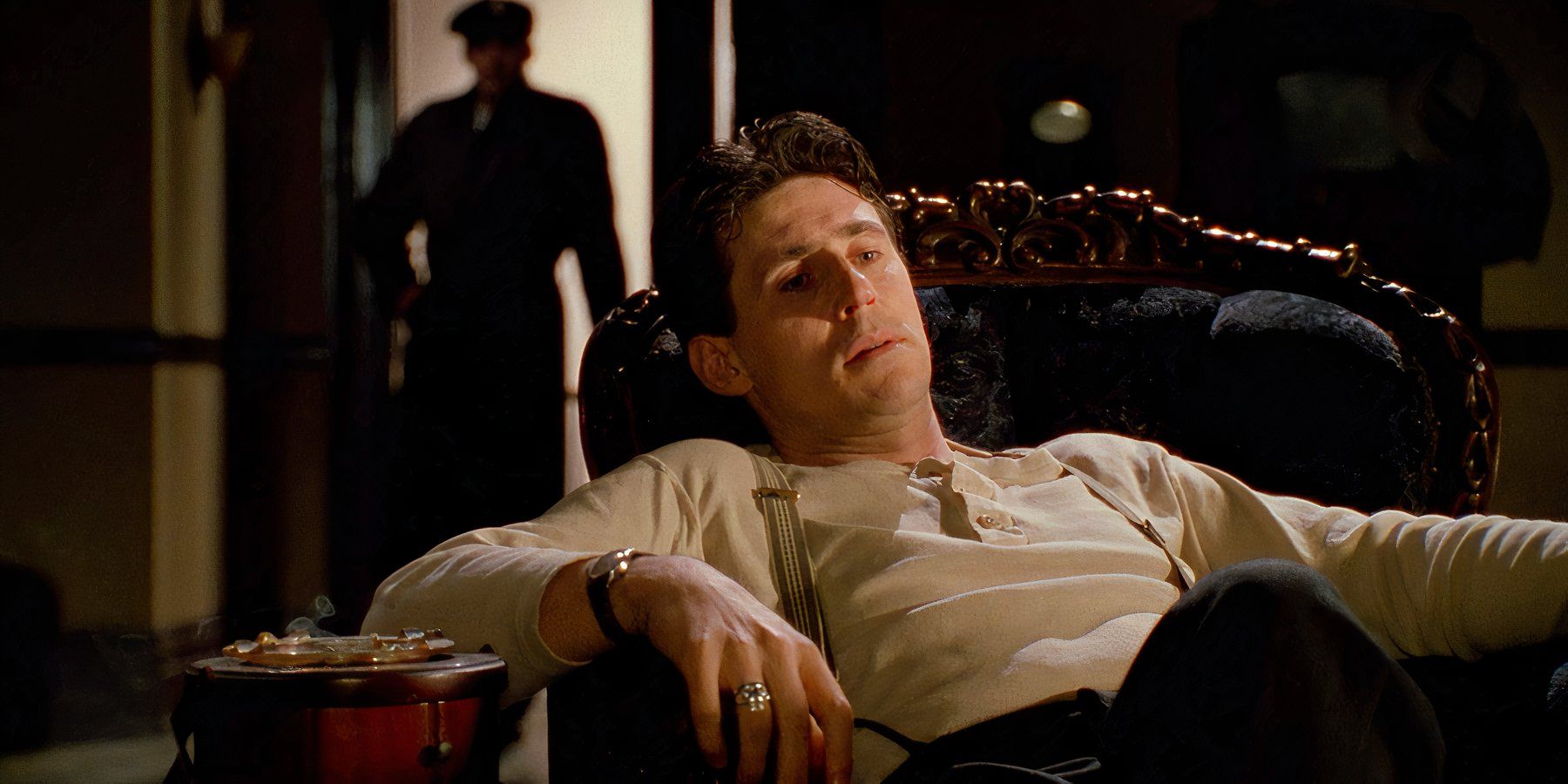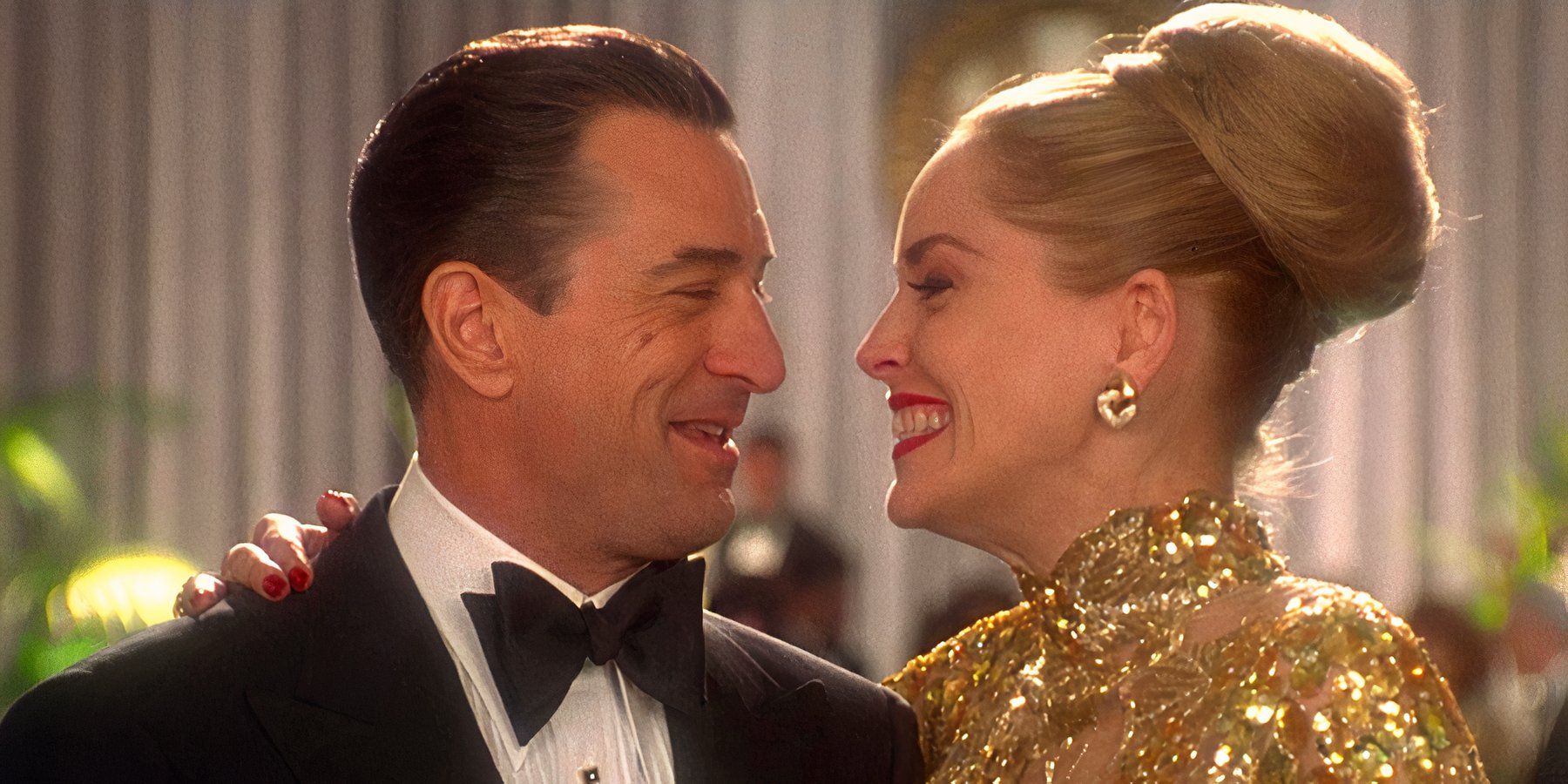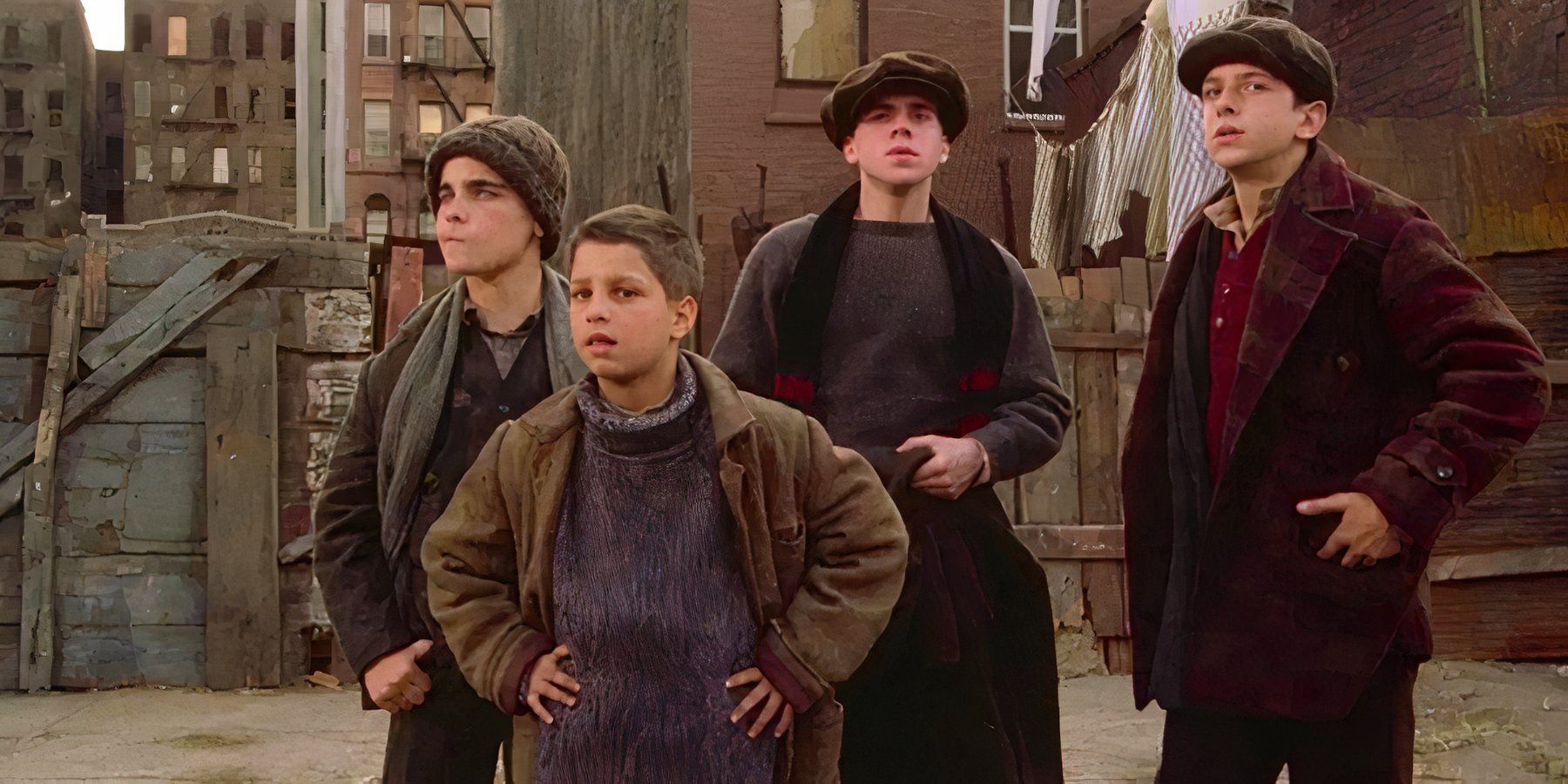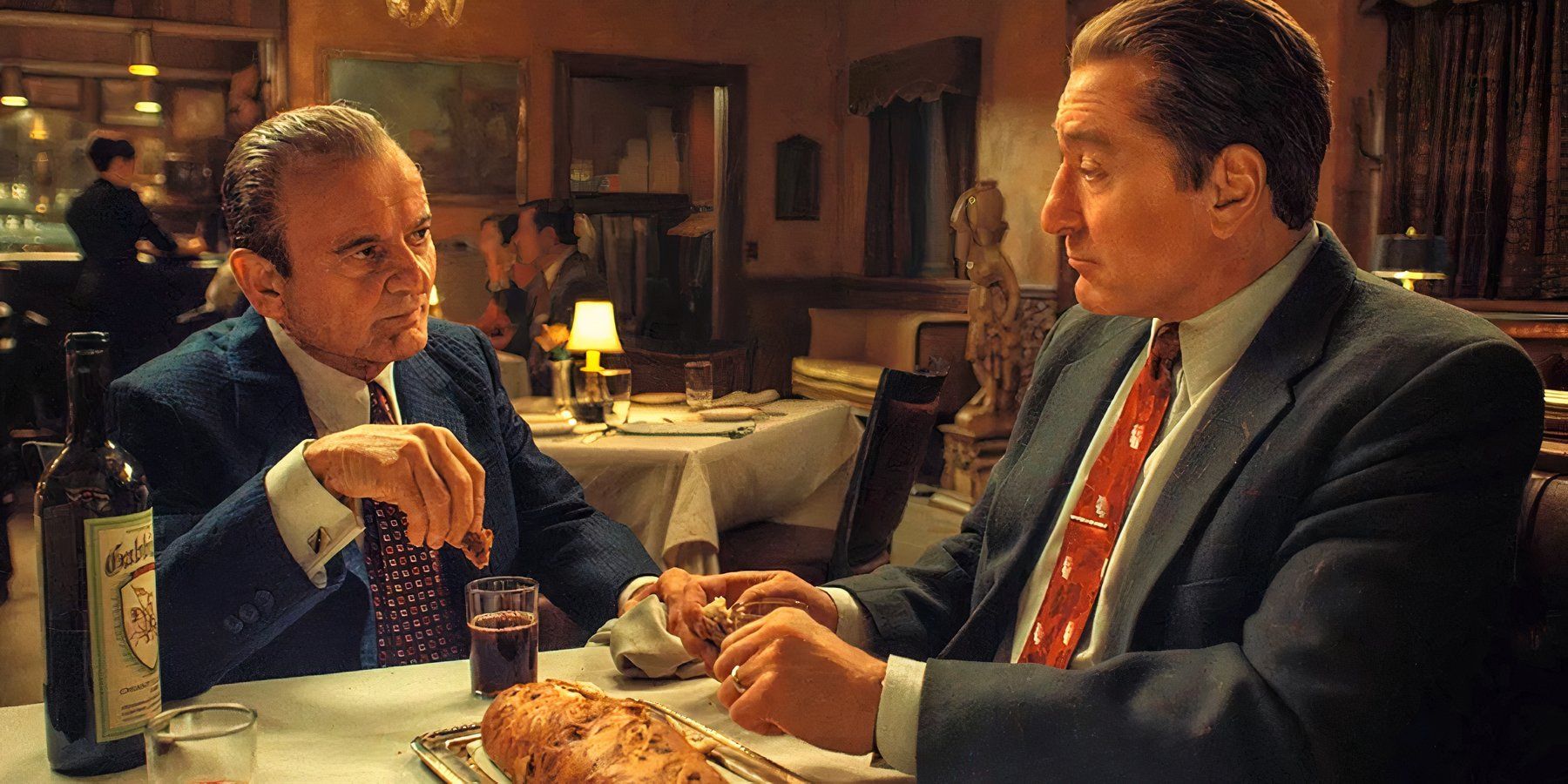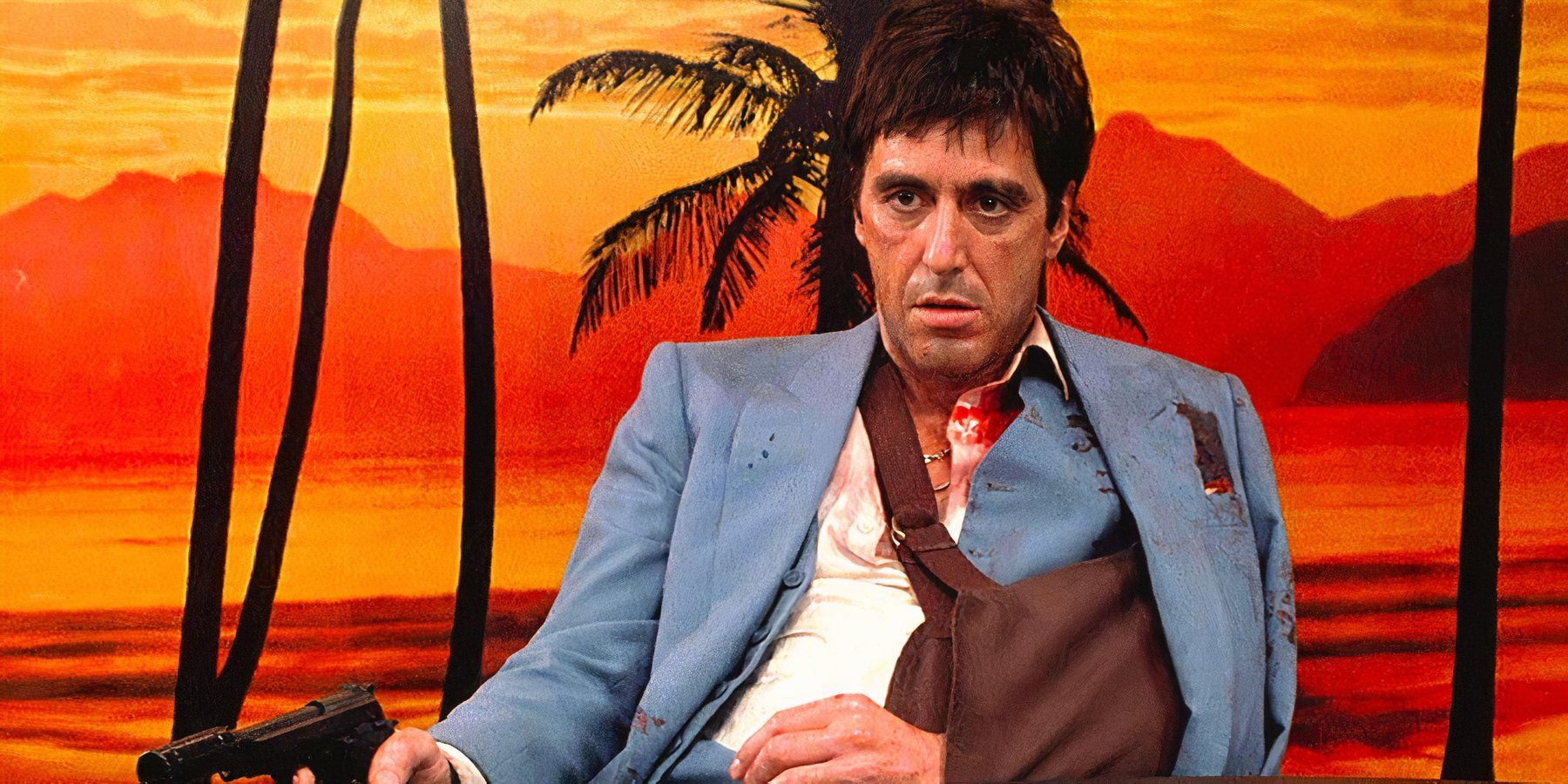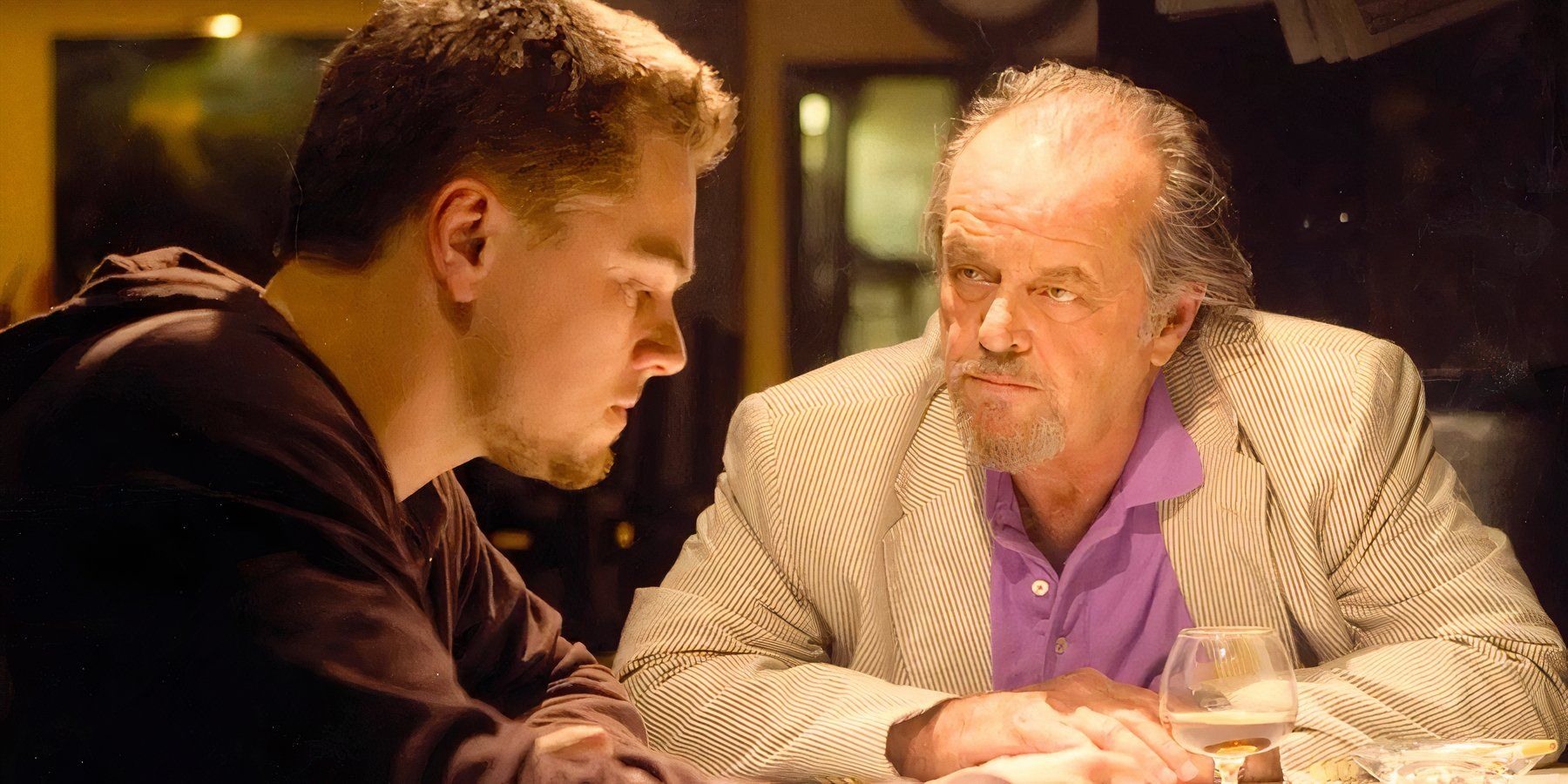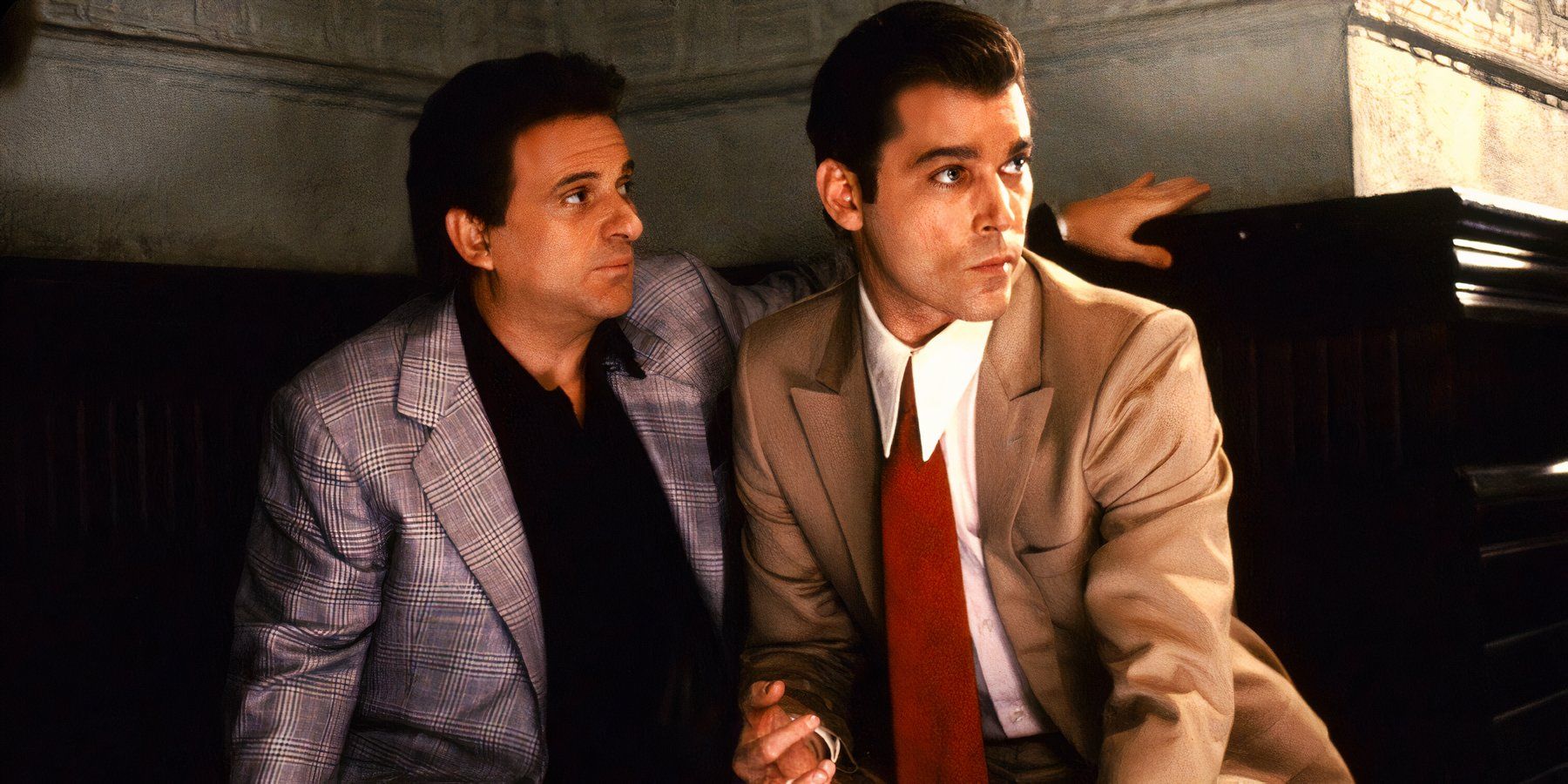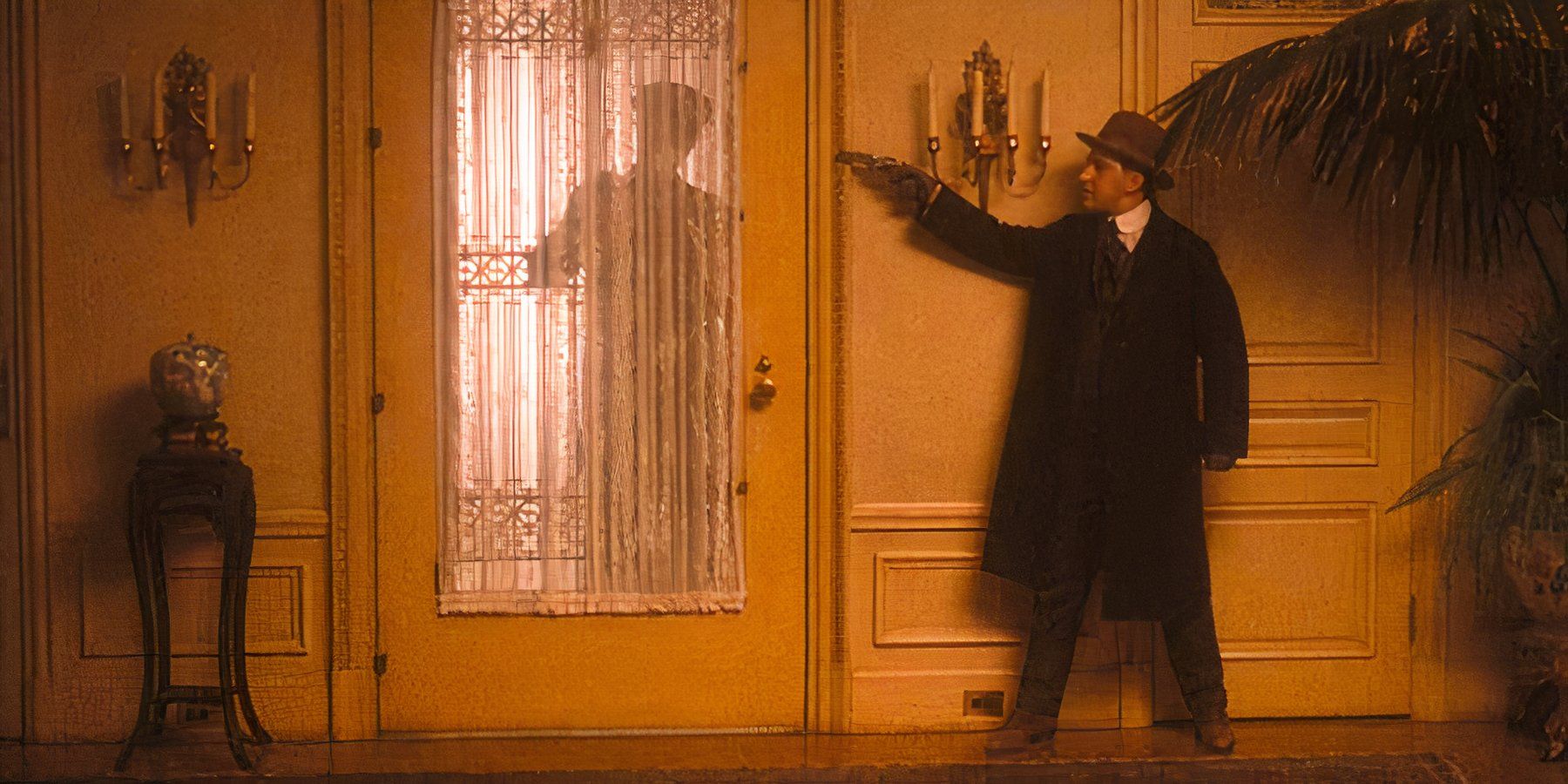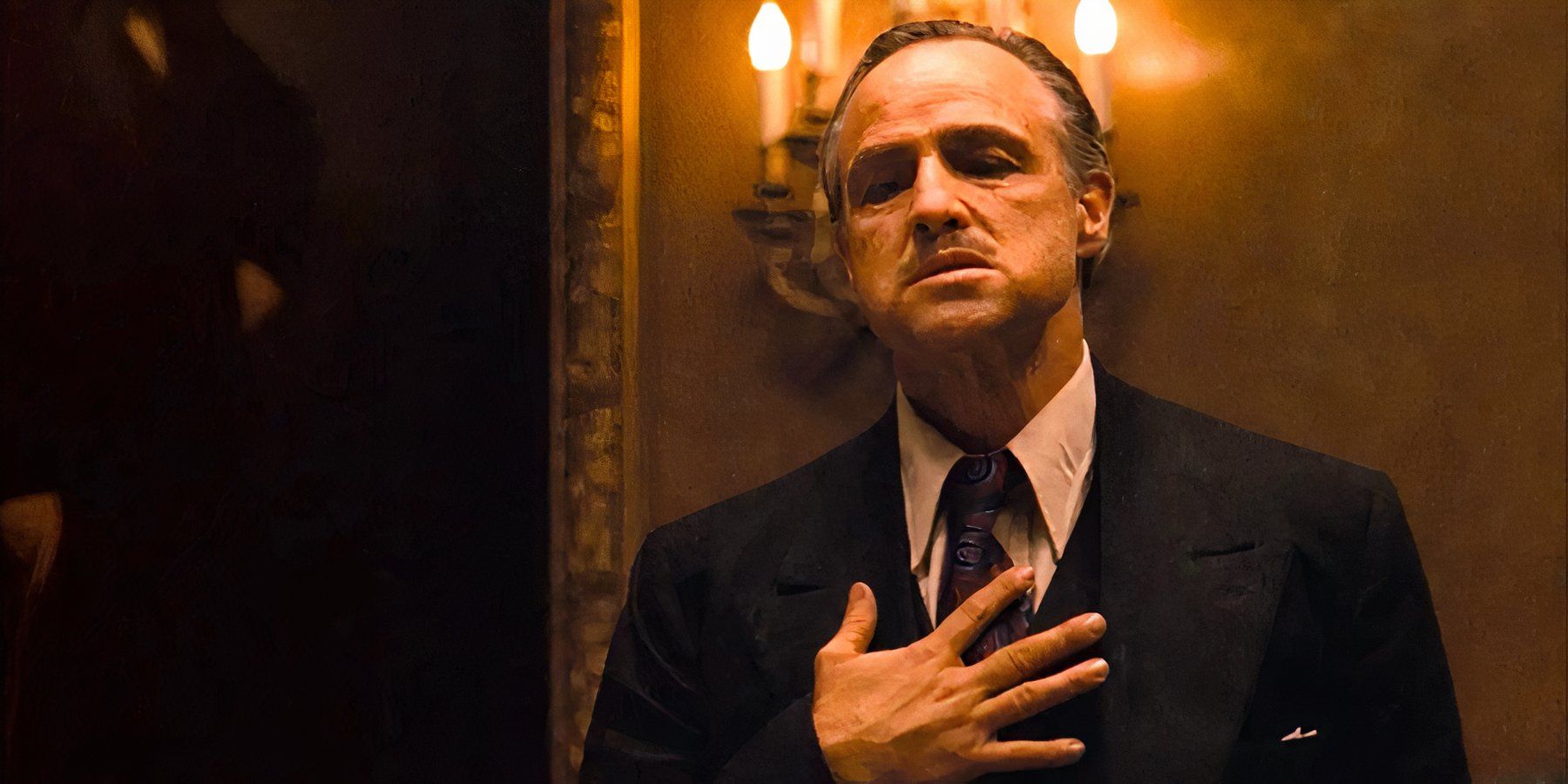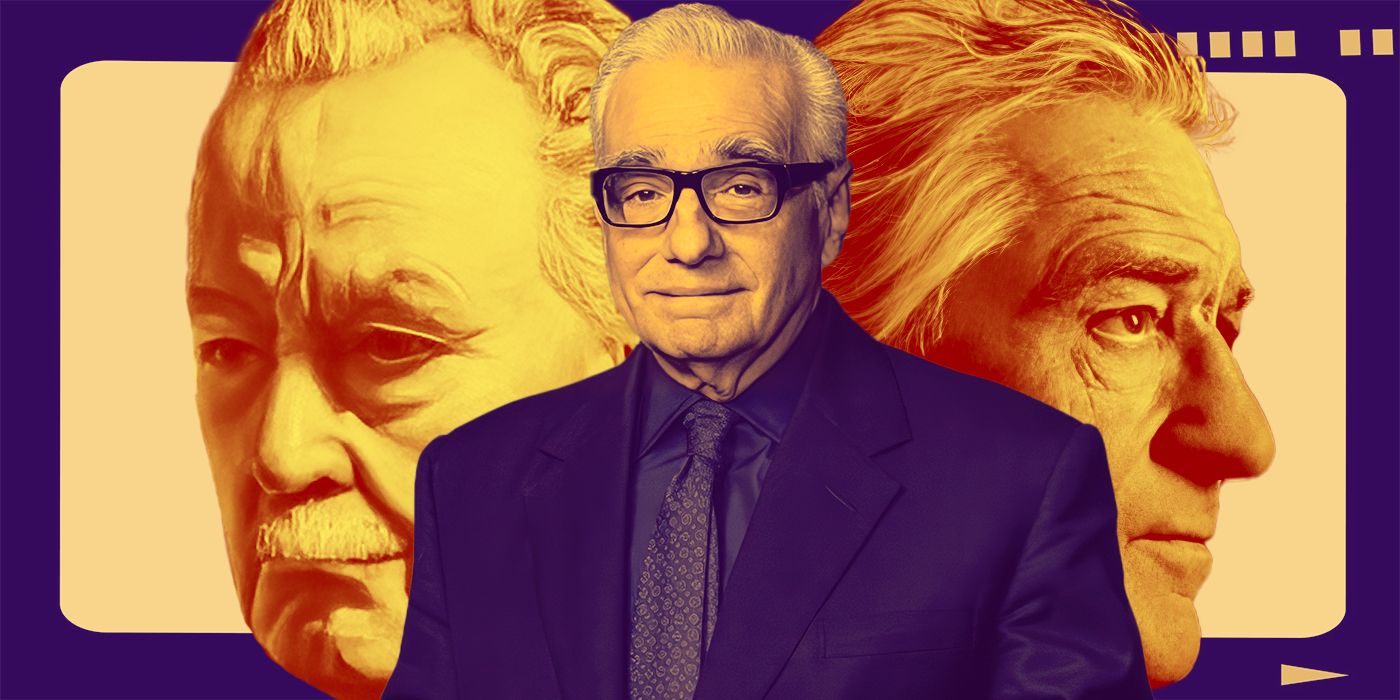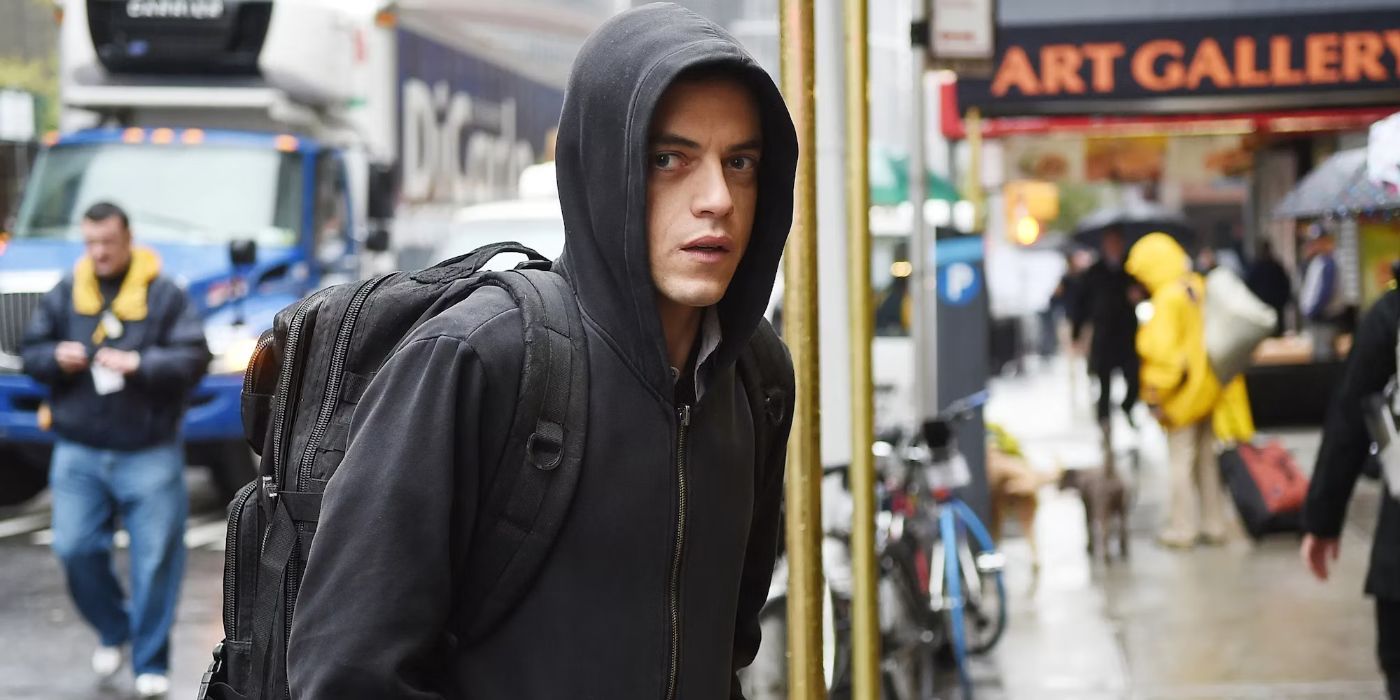Gangster movieshave long captivated moviegoers with thrilling tales of crime, power, and betrayal. However, the best entries to the genre do more than simply depict the violent underworld; they delve deep into the psychology of their characters and the nature of the human condition, offering rich, dramatic narratives that resonate with audiences. These movies explore complex characters and their fraught relationships, making them compelling dramas in their own right rather than relying on violent spectacle.
At the heart of every great gangster film lies the psychological and interpersonal drama that drives the narrative forward. The paranoia of extreme power and the fear of inadequacy in the face of that power are fascinating subjects that deserve to be tackled with gravitas and cinematic prowess. Moral dilemmas faced by protagonists, intricate webs of loyalties and betrayals, and the inevitable consequences of difficult choices make for a rich collection of stories. These films excel not only in portraying the gritty realities of organized crime but also in delivering powerful, emotionally charged stories that leave a lasting impact and elevating their films from mere action thrillers to profound dramatic works.
10 ‘Road to Perdition’ (2002)
Directed by Sam Mendes
Sam Mendes’ Road to Perdition is a visually stunning exploration of crime and redemption set during the Great Depression. The story follows Michael Sullivan, a mob enforcer played by Tom Hanks, as he seeks revenge against those who betrayed him and his family. Based on the graphic novel of the same name, the film intertwines elements of a crime thriller with a deeply emotional father-son relationship, adding layers to its narrative which, by design, avoid clichés of the gangster genre and effectively tie the film closer to its dramatic underpinnings.
Road to Perdition stands out for its intense focus on familial bonds and personal redemption. Thematically preoccupied with the dangers of violent masculinity when passed from fathers to sons, the film’s dramatic core is driven by Michael Sullivan’s struggle to protect his son from the violent world he inhabits, ultimately questioning the cost of his life choices. This emotional depth, paired with stunning cinematography by Conrad Hall and a haunting score from Thomas Newman, makes Road to Perdition a compelling drama that transcends the gangster genre it inhabits.
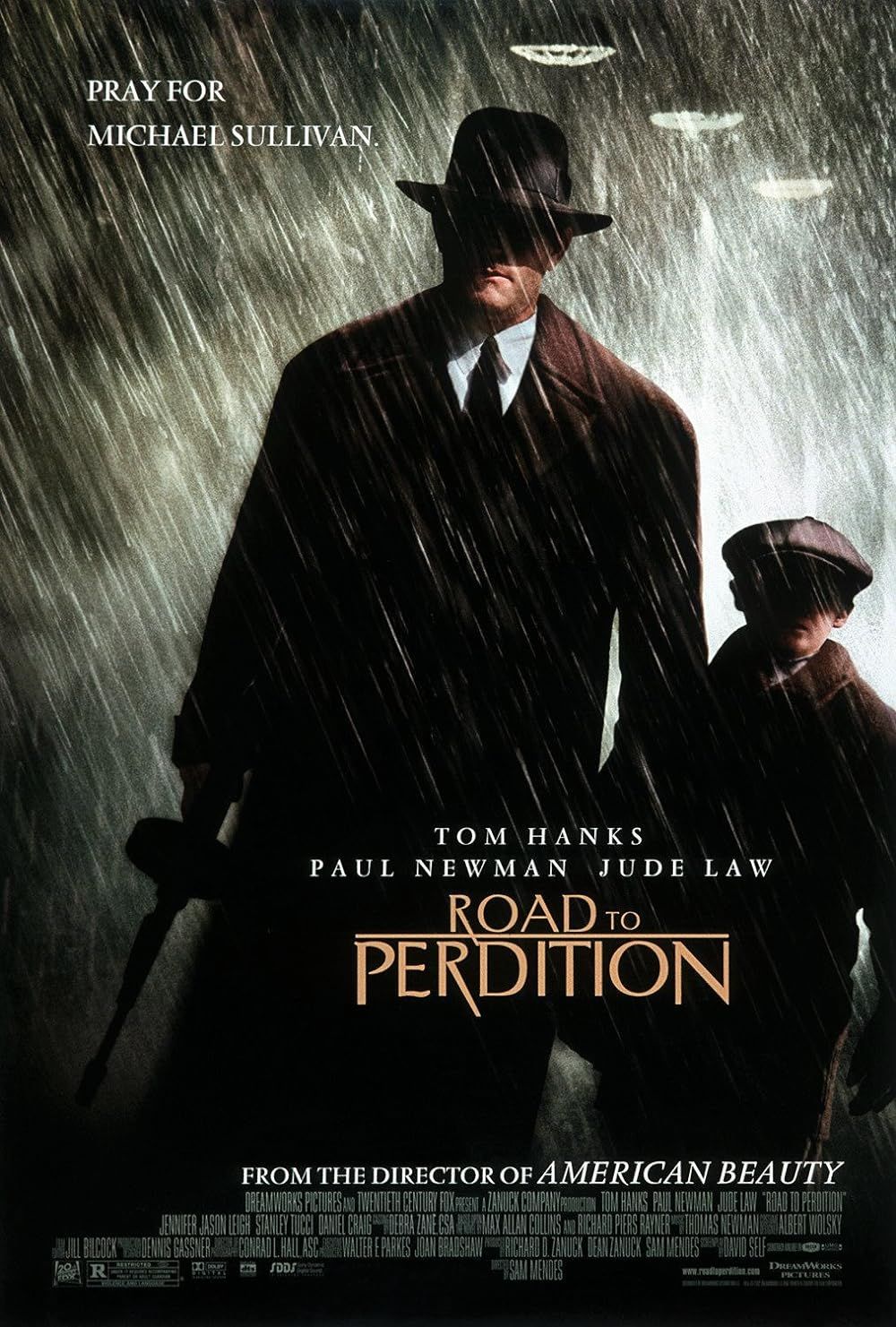
Road to Perdition
- Release Date
- July 12, 2002
- Runtime
- 117 minutes
- Writers
- Max Allan Collins , Richard Piers Rayner , David Self
9 ‘Miller’s Crossing’ (1990)
Directed by Joel and Ethan Coen
Directed by legendary duo Joel and Ethan Coen, Miller’s Crossing is a neo-noir gangster film set during the Prohibition era and featuring Gabriel Byrne as Tom Reagan, the right-hand man of an Irish mob boss. The film is a masterclass in style and dialogue, weaving a complex narrative of loyalty, betrayal, and power struggles within the criminal underworld. Concerning the bid for power between two rival gangs in an unknown U.S. city, the story follows Raegan as he navigates the dangerous waters between the two factions, pitting rivals against one another and trying his best to come out on top.
The dramatic tension in Miller’s Crossing stems from Tom’s intricate manipulations to achieve his selfish ends. This tension capitalizes on the Coen brothers’ trademark ability to blend dark humor with intense emotional stakes, underlining them with humor without sacrificing the subject matter’s intensity. Furthermore, the film boasts a critically acclaimed performance from John Turturro and features a rich blend of influences from the crime novels of Dashiell Hammett to the classic noir thrillers of the 1940s and 1950s. Miller’s Crossing’s richly drawn characters and morally ambiguous situations create a sophisticated drama that evokes classic noir with a unique modern twist that only the Coens could provide.
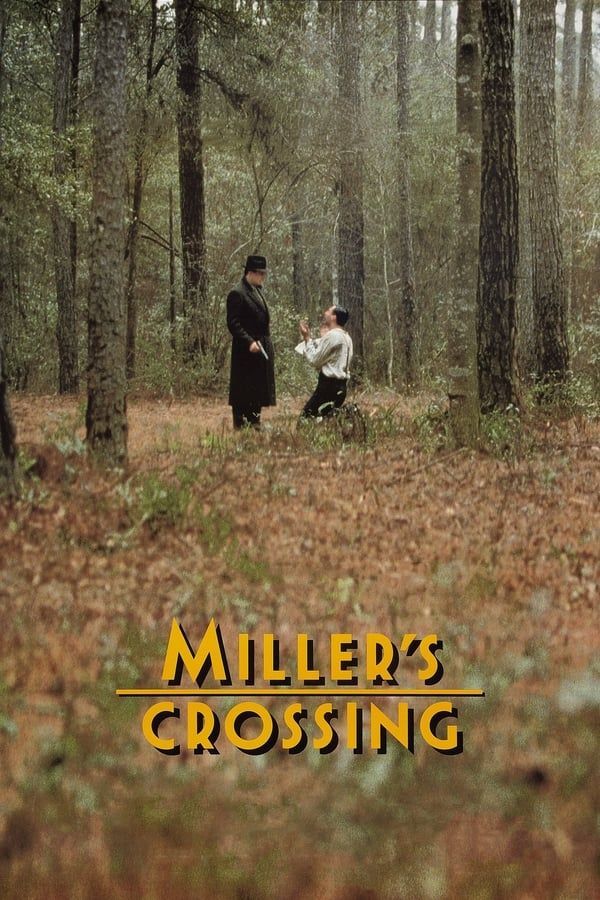
Miller’s Crossing
- Release Date
- September 22, 1990
- Runtime
- 115 minutes
- Writers
- Joel Coen , Ethan Coen
8 ‘Casino’ (1995)
Directed by Martin Scorsese
Martin Scorsese’s Casino is an epic tale of crime and corruption in Las Vegas, starring Robert De Niro, Sharon Stone, and Joe Pesci. The film chronicles the rise and fall of Ace Rothstein, a meticulous casino operator, and his volatile relationship with his wife, Ginger, and his mob enforcer friend, Nicky Santoro. Adapted from real events featured in Nicholas Pileggi’s 1995 book Casino: Love and Honor in Las Vegas, Scorsese’s film delves deep into the operations of a mafia-controlled casino and the dangers of conducting such a business.
Casino is a particularly compelling drama thanks to its exploration of greed and ambition’s destructive nature. The dynamics between the vividly drawn characters create lifelike portraits that drive the narrative and shape the thematic material into something accessible and human. Devoted to realism at every angle, Scorcese and Pileggi, who co-wrote the screenplay, carefully balanced each scene so as not to overwhelm the audience with the intricacies of truly managing a mafia-run casino hotel. Scorsese’s pitch-perfect direction and approach to performance-oriented filmmaking ensures that every betrayal and act of violence is charged with dramatic weight, making Casino not only a riveting gangster film but a profound study of human frailty and vice.
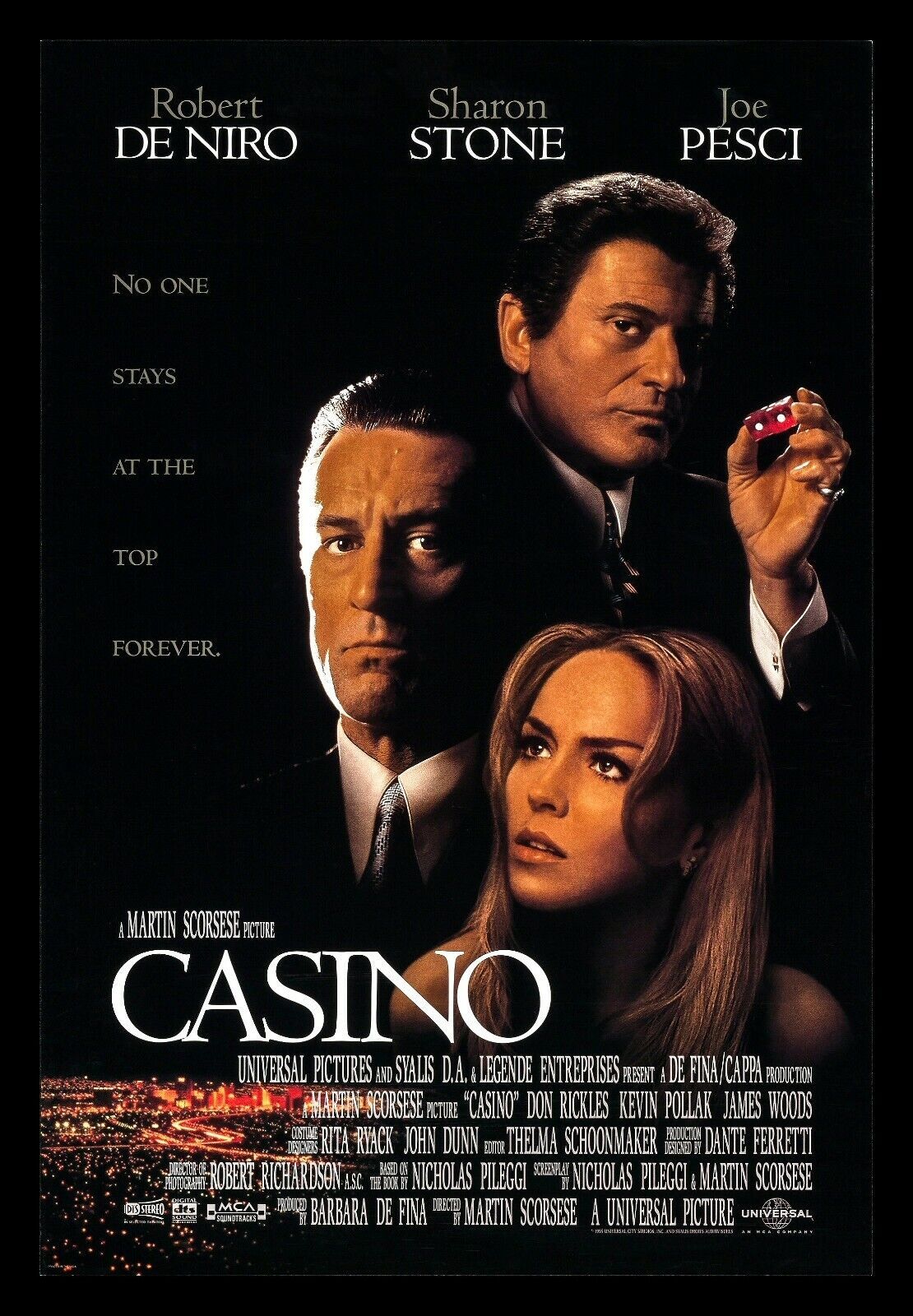
Casino
- Release Date
- November 22, 1995
- Runtime
- 178 minutes
7 ‘Once Upon a Time in America’ (1984)
Directed by Sergio Leone
Sergio Leone‘s Once Upon a Time in America is a sprawling epic that spans several decades, following the lives of Jewish gangsters in New York City. The film stars Robert De Niro and James Woods as lifelong friends whose criminal careers are marked by ambition, betrayal, and tragedy. Leone’s meticulous direction and the film’s non-linear narrative create a deeply immersive experience that explores the devastating impacts of greed, betrayal, and violence on childhood friendships and how these experiences shape a close group of young men throughout their lives. Leone’s final film before his death, the release history proved difficult, resulting in multiple cuts of Once Upon a Time in America varying from two hours and twenty minutes to a staggering four hours and eleven minutes.
The film’s drama is deeply rooted in its portrayal of time and memory, examining how the past continually haunts the present and how people’s experiences shape them into the people they become over time. The exploration of friendship, lust, corruption and identity can be profoundly moving, making it a standout in both the gangster genre and as a dramatic narrative. Featuring a haunting score by the celebrated film composer Ennio Morricone, Once Upon a Time in America‘s atmosphere and period setting are befitting of Leone’s renowned status as one of the greatest film directors. The richly developed characters, played by legends of the gangster genre, as they struggle through complex relationships and morally questionable situations, ensure the film resonates on a dramatic level, exceeding its crime story foundation.
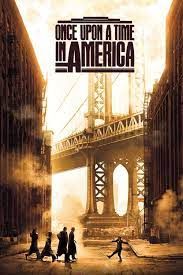
Once Upon a Time in America
- Release Date
- May 23, 1984
- Runtime
- 139
6 ‘The Irishman’ (2019)
Directed by Martin Scorsese
Another directorial effort of esteemed filmmaker Martin Scorsese, The Irishman delves into the life of Frank Sheeran (Robert De Niro), a mob hitman. The film follows Sheeran’s involvement with the Bufalino crime family and his connection to the disappearance of union leader Jimmy Hoffa (Al Pacino). Spanning several decades, The Irishman uses cutting-edge de-aging technology to present its characters over time, creating a sense of the epic scale and historical sweep of its narrative.
One of many collaborations between Scorsese and De Niro, The Irishman stands out as a drama because of its meditative exploration of aging, regret, and mortality. With a slower pace and lengthy runtime, the film allows for a deep dive into Sheeran’s psyche as he reflects on the choices that have led to his isolation in old age. De Niro lends a subtle yet devastating gravitas to the leading role, grounding the narrative in a solemn conversation with the nature of personal reflection. Scorsese’s storytelling and the cast’s poignant performances lend a somber tone, elevating The Irishman from a straightforward gangster narrative to a profound examination of the human condition over time.
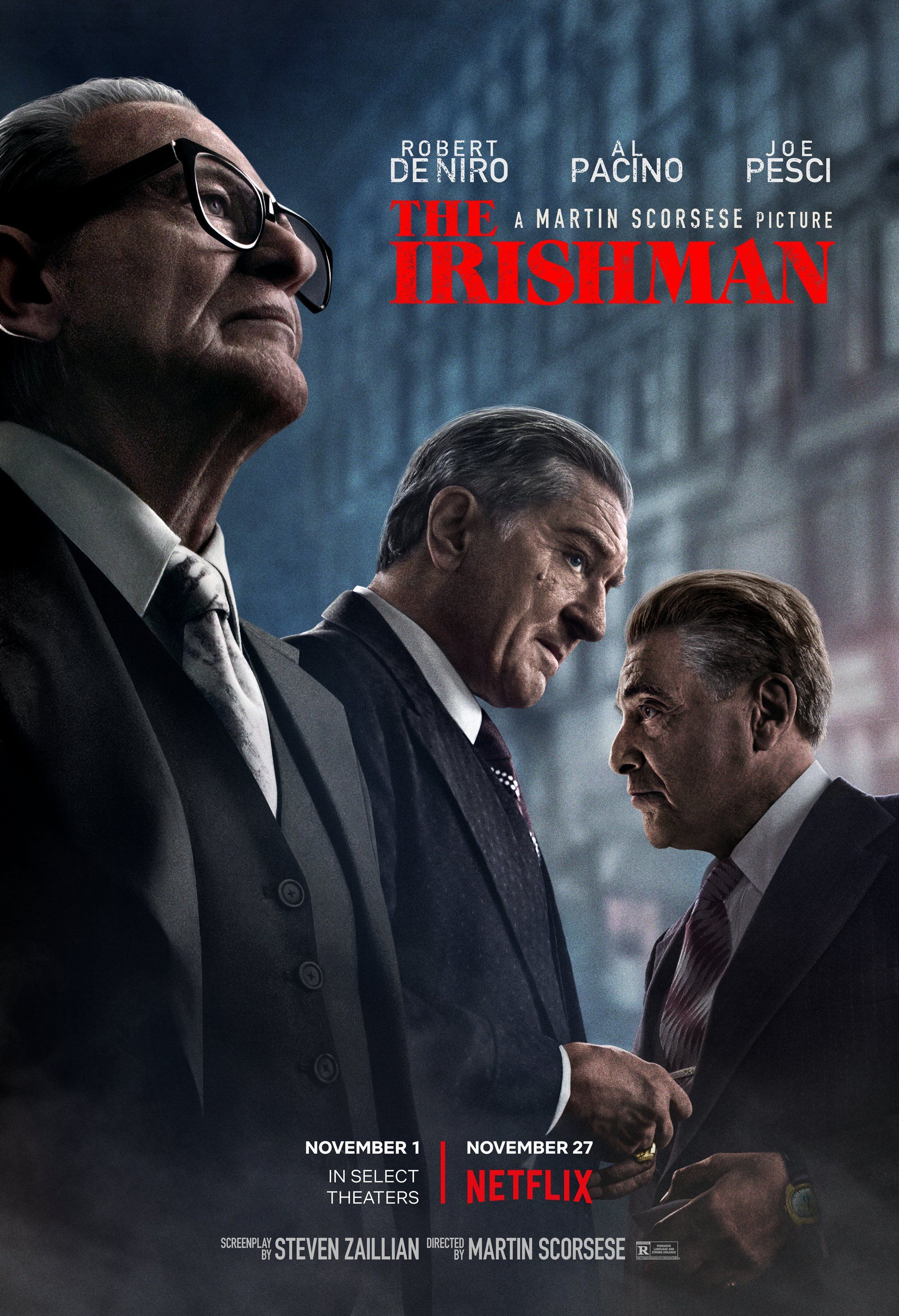
The Irishman
- Release Date
- November 27, 2019
- Runtime
- 209 minutes
- Writers
- Charles Brandt , Steven Zaillian
5 ‘Scarface’ (1983)
Directed by Brian De Palma
A mainstay of the crime genre, Brian De Palma‘s Scarface is a vibrant and intense portrayal of the rise and fall of Tony Montana (Al Pacino), a Cuban immigrant who becomes a powerful drug lord in Miami, Florida. Al Pacino’s iconic performance captures Tony’s ruthless ambition and descent into paranoia and violence. A remake of the 1932 Scarface directed by Howard Hawks, De Palma’s film is known for its graphic depiction of the drug trade and its unflinching portrayal of excess and corruption. Having achieved cult status in the years following its release, it is now a well-known modern fable that simultaneously exalts and condemns the perils of power and organized crime.
As a drama, Scarface is a gripping character study, placing the character of Tony Montana front and center and examining his addiction to ambition and his downfall at the hands of his hubris. The corrupting influence of power holds Tony Montana in an iron grip, instilling him with an insatiable desire for more and leading to a tragic end. The dramatic tension is heightened by De Palma’s stylish direction and Giorgio Moroder’s characteristically 1980s synth score, making Scarface not only a landmark in the gangster genre but also a compelling tale of masculinity and cocaine-fueled madness.
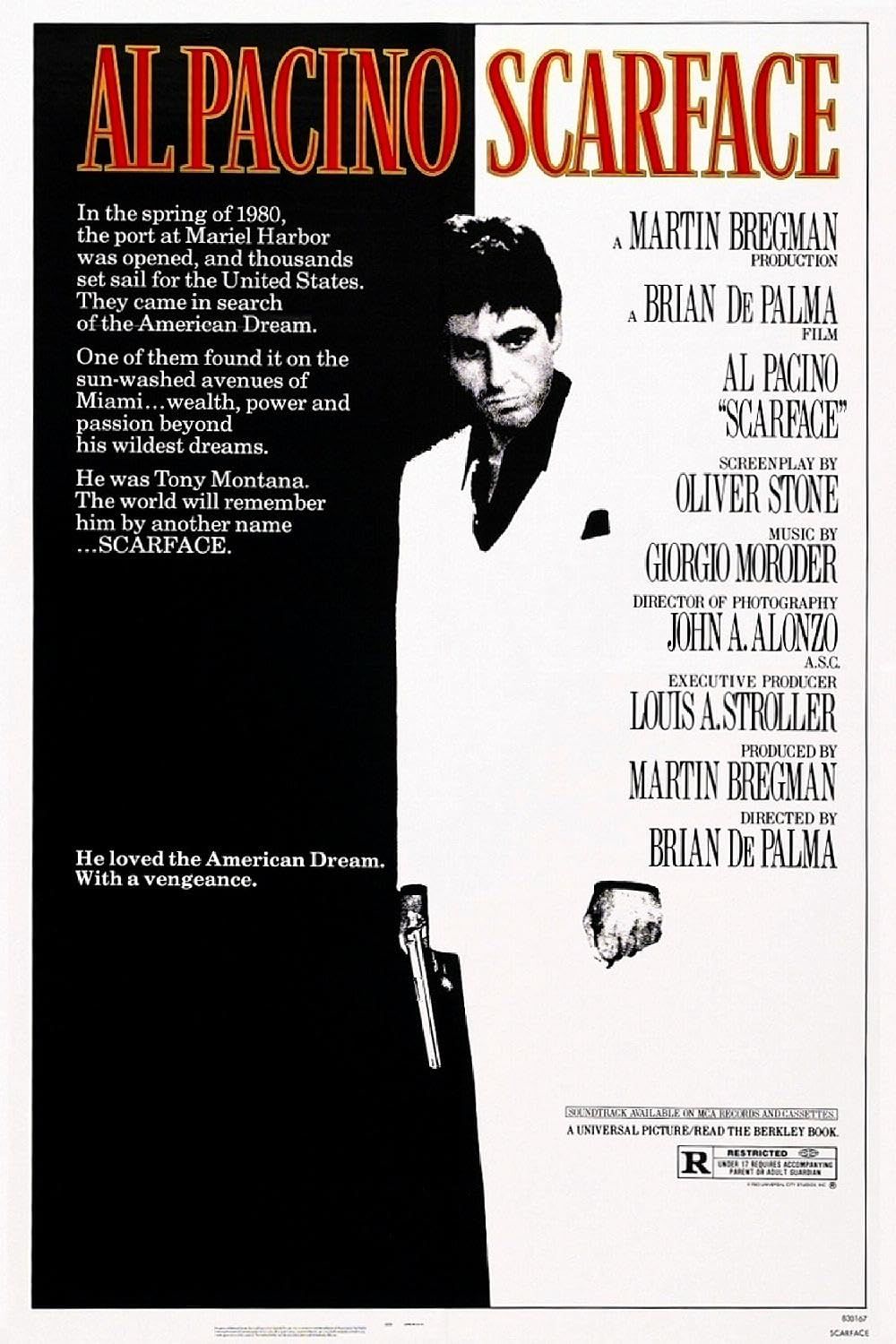
Scarface
- Release Date
- December 9, 1983
- Cast
- Al Pacino , Steven Bauer , Michelle Pfeiffer , Mary Elizabeth Mastrantonio , Robert Loggia , Miriam Colon
- Runtime
- 170 minutes
- Writers
- Ben Hecht , Howard Hawks , Oliver Stone
4 ‘The Departed’ (2006)
Directed by Martin Scorsese
Martin Scorsese’s The Departed is a tense and thrilling adaptation of the Hong Kong film Infernal Affairs, which incorporates real-world allusions to the Boston Winter Hill Gang. It stars Leonardo DiCaprio as an undercover cop infiltrating the mob, Matt Damon as a mole within the police force, and Jack Nicholson as an Irish Mob Boss based on real-life gangsterWhitey Bulger. The film’s tightly wound plot line revolves around the tense cat-and-mouse game between these three major players, set against the backdrop of a brilliantly realized portrait of Boston, Massachusetts, in the early 2000s.
The Departed excels as a drama due to its dedication to its characters and its interest in deconstructing them as products of their circumstances. The dual lives led by both protagonists make for a series of high-stakes situations perfect for a crime thriller, and the moral ambiguity of its lead characters results in an amorphous concept of justice that can’t be accurately assigned to one side or the other. The psychological strain on both DiCaprio’s and Damon’s characters creates a palpable tension, making their inevitable confrontation all the more compelling. Once again, Scorsese’s golden hand for direction and the stellar ensemble cast ensure The Departed is as emotionally resonant as it is suspenseful.
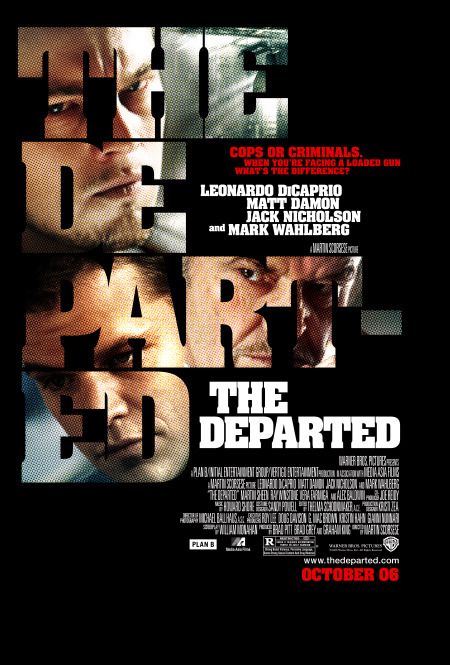
The Departed
- Release Date
- October 5, 2006
- Runtime
- 150 mins
- Writers
- William Monahan , Alan Mak , Felix Chong
3 ‘Goodfellas’ (1990)
Directed by Martin Scorsese
The first collaboration between Martin Scorsese and Nicholas Pileggi before their joint writing credit on Casino, Goodfellas is a quintessential gangster film that offers a raw and unflinching portrayal of wannabe gangster Henry Hill (Ray Liotta). The film follows Hill’s journey from a young boy enamored with the mob to his rise as a mafia enforcer and his eventual fall within the crime family. Featuring memorable performances from Robert De Niro, Lorraine Bracco and Joe Pesci, Goodfellas is generally regarded as one of the greatest films of all time and is well known for its frenetic, naturalistic dialogue and violent scenes.
Goodfellas is noteworthy as a drama due to its detailed, realistically approached character arcs and depiction of the complex relationships found within the criminal world. Based on real events and people, the film’s exploration of loyalty, ambition, and the consequences of a life of crime provides a messy representation of what it’s like to find identity in moral unrest. Scorsese’s pitch-perfect contemporary use of music, subjective voice-over narration, and rapid pace create an immersive experience that makes Goodfellas into a profound commentary on the dark shadow of the American Dream.
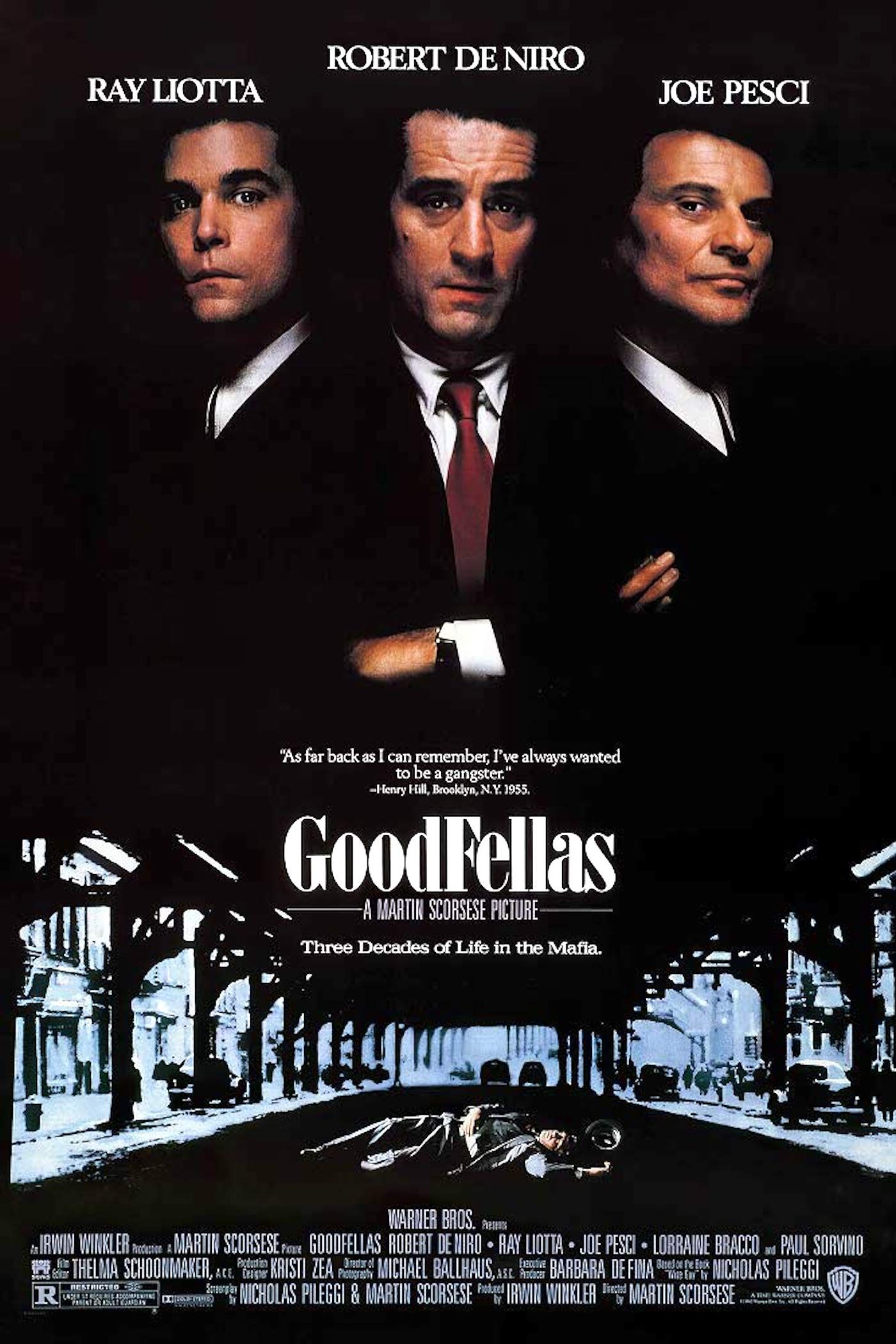
Goodfellas
- Release Date
- September 12, 1990
- Runtime
- 145 minutes
- Writers
- Nicholas Pileggi , Martin Scorsese
2 ‘The Godfather Part II’ (1974)
Directed by Francis Ford Coppola
Helmed by the insurmountably talented Francis Ford Coppola, The Godfather Part II continues the saga of the Corleone family, juxtaposing the rise of a young Vito Corleone (Robert De Niro) with the corruption and moral decline of his son Michael (Al Pacino). Splitting its runtime over two disparate decades, the film is a sequel and a prequel to The Godfather, providing a layering of context that deepens the narratives of both films, exploring themes of family loyalty, the necessity of crime in the face of poverty, and the corruption of absolute power.
As a drama, The Godfather Part II is a deeply profound exploration of legacy and the cyclical nature of violence. The dual narrative structure allows for a deep examination of the characters’s motivations and the consequences of their actions, drawing parallels between father and son and granting audience members a staggering understanding of the development of their uneasy minds. The emotional weight of Michael’s increasingly ruthless decisions, contrasted with the epic scale of young Vito’s ascent, creates a powerful drama that solidifies the film’s status as a masterpiece of both the gangster genre and dramatic cinema.
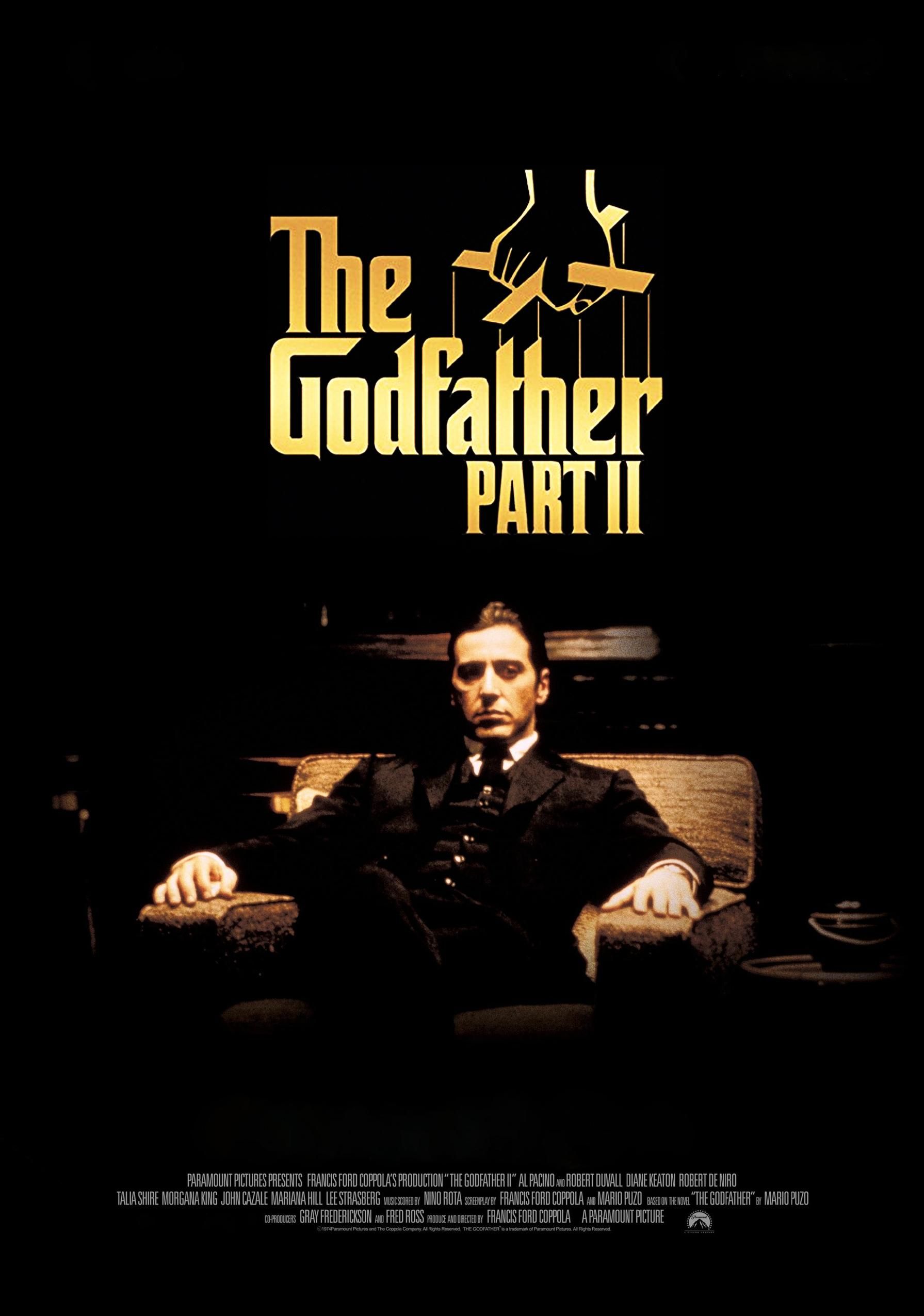
The Godfather Part II
- Release Date
- December 20, 1974
- Runtime
- 202
1 ‘The Godfather’ (1972)
Directed by Francis Ford Coppola
Preceding Part II by two years, Coppola’s The Godfather is widely regarded as one of the greatest motion pictures ever made. It tells the story of the Corleone family, led by patriarch Vito Corleone (Marlon Brando) and his youngest son, Michael (Al Pacino), who reluctantly becomes involved in the family business. The film’s engrossing plot, dramatic approach to cinematography and lighting, and near-Shakespearean attitude toward character development set a gold standard for the genre that all other gangster films have aspired to since.
Ruminating on the complexity of familial ties, the tragedies inherent to mafia warfare, and the inescapable pull of the legacy of one’s parents, The Godfather has drama in its very bloodstream. The transformation of Michael Corleone from a reluctant, honorable man who has distanced himself from the family business into a ruthless leader with a penchant for bloodthirsty violence is an exceedingly compelling narrative arc that serves as a powerful vehicle for its cast’s performances. Boasting theatrical cinematography evocative of ’40s noir and sewn through by Nino Rota’s mournful score, The Godfather creates a timeless portrait of masculinity toxified into barbarity.
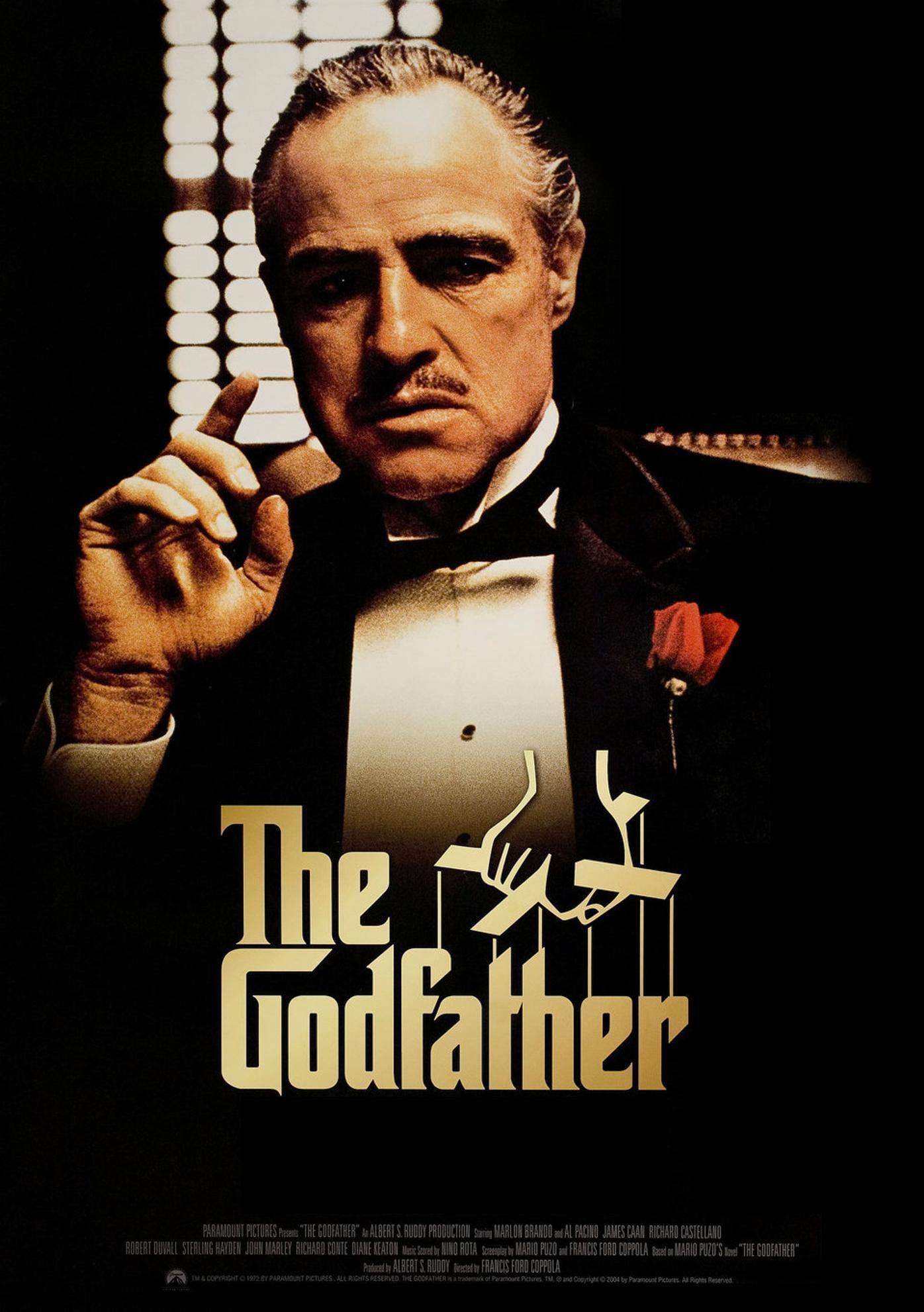
The Godfather (1972)
- Release Date
- March 14, 1972
- Runtime
- 175 minutes
- Writers
- Mario Puzo , Francis Ford Coppola
WATCH ON Paramount+

